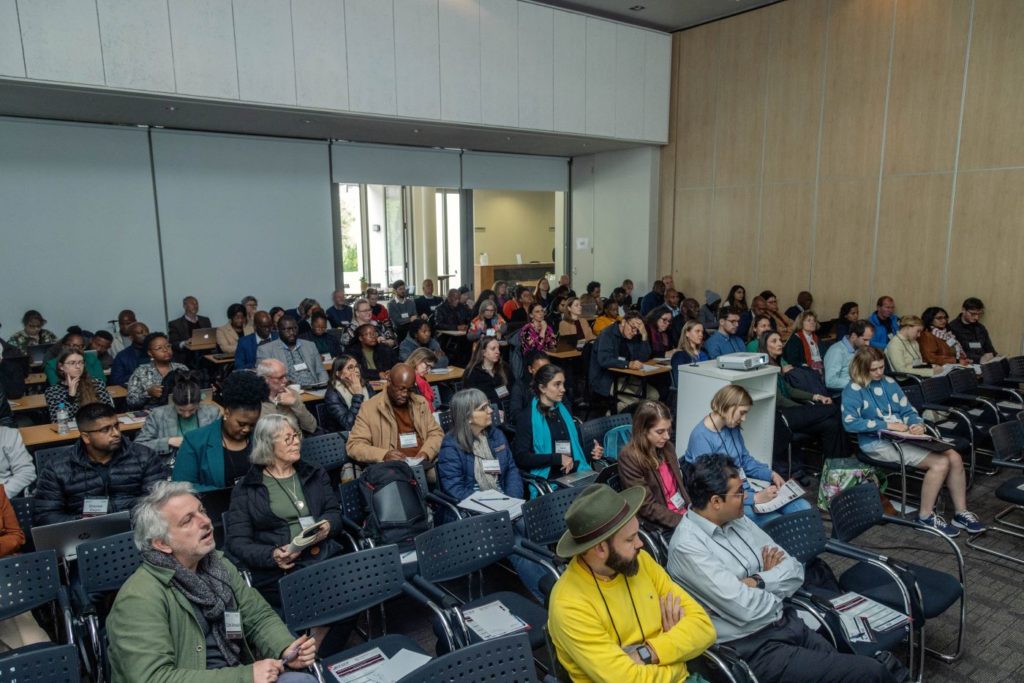In the wake of the COVID-19 pandemic, the Western Cape Education Department’s (WCED) 2023 Back-on-Track (BoT) initiative is proving to be a groundbreaking step towards educational recovery. This R1.2 billion programme has targeted critical learning gaps in mathematics and language, focusing on Grades 4, 7, and 8. The results, independently evaluated by RESEP, reveal remarkable gains in learning outcomes.

Measuring learning outcomes (what learners know and can do) has been a contested terrain for many education systems and researchers, despite universal acknowledgement that assessment plays an important role in curriculum implementation (UNESCO 2013; Darling-Hammond & Wentworth 2010; Department of Education [DoE] 1995). Venkat and Sapire (this volume) refer to the ‘essential circuits’ of education and the
link between the curriculum, teaching practice, and assessment. Our focus is strictly on the Foundation Phase (FP), and where we refer to a specific subject, mathematics is our first concern. This chapter, therefore, only makes passing reference to the major external assessment, the National Senior Certificate (NSC) or matric examination.

The evidence discussed in this brief confirms that learning losses in South Africa have been large. Covid-19 has disrupted South African education in significant ways, with enduring impacts for the system (including altered enrolment patterns) and for children’s development.

This research report was produced for the Department of Higher Education and Training (DHET) and the Department of Basic Education (DBE). The study was undertaken to assess demand for, and supply of, teachers in the public service, in order to better inform teacher training policy.

The Ilifa-Resep ECD Working Paper Series is a collaboration between Ilifa Labantwana and Research on Socio-Economic Policy (Resep) at Stellenbosch University. The working paper series aims to promote research that addresses the major systemic issues facing the ECD sector in South Africa.






